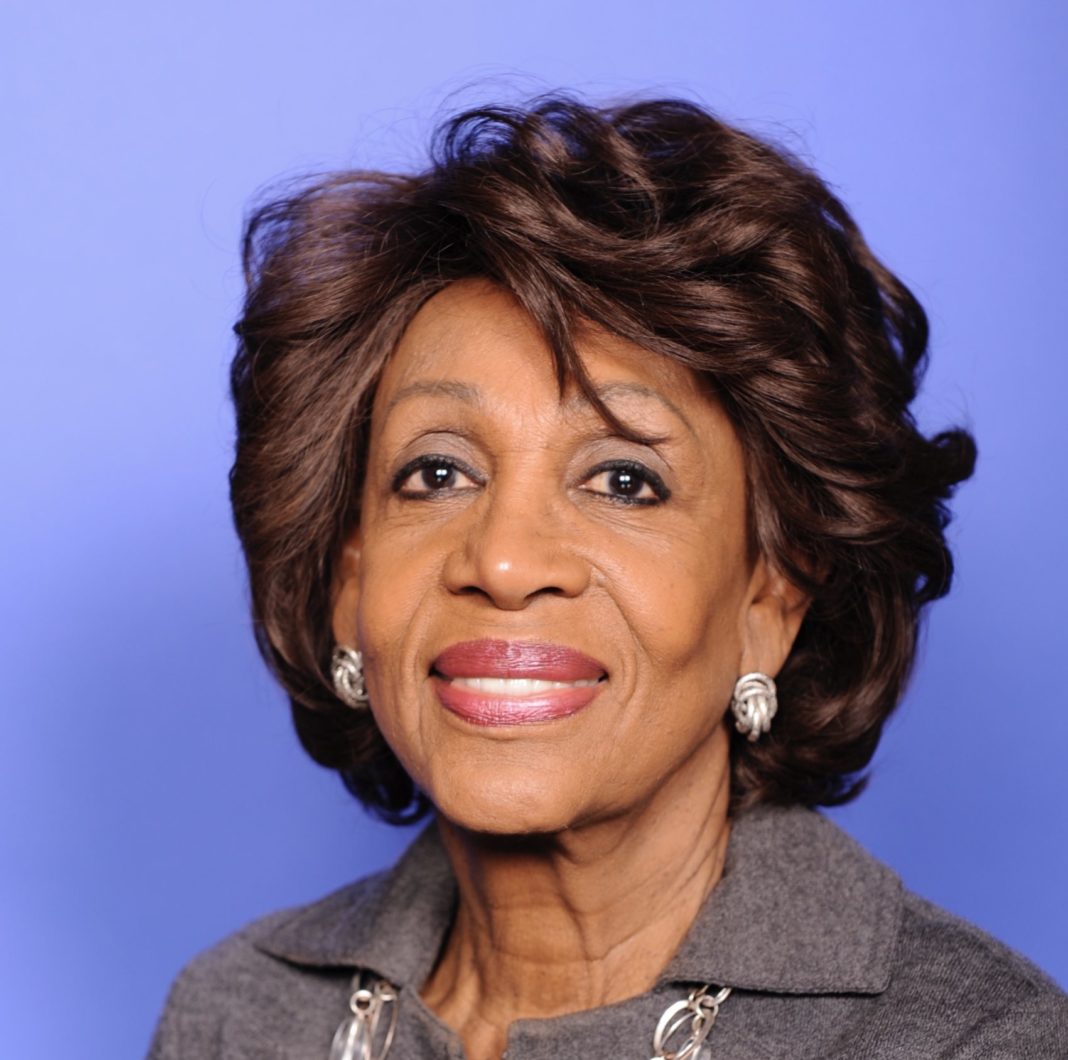Keeping with her history of poor ethical and moral fitness, a veteran congresswoman who has publicly encouraged violence against presidential cabinet members and among police protestors is proudly commemorating the 50th anniversary of Hip Hop and rap, music famous for glamorizing violence, misogyny, drugs and lawlessness. Celebrating the milestone, California Democrat Maxine Waters claims that Hip Hop is an international culture-shaping force with a growing role in politics. “When I was elected to Congress in 1991, many politicians, including Black politicians, were either distancing themselves from Hip Hop artists altogether or trying to censor rap music,” the lawmaker says in the tribute statement issued this month. “Coming from one of the epicenters of this creative creation, Los Angeles, California, I saw the value in the artistry early on. These young people were a sight to behold as they were making art out of themselves and their conditions.”
Waters has long celebrated Hip Hop, a predominantly African American brand well known for graphic lyrics involving urban violence and the abuse of women. Songs often include profanity, offensive descriptions of women, gun violence and some encourage defying or attacking police. Among the most famous hits are tunes that brag about street warfare, promiscuity and the use of illicit drugs. Others incite hatred or violence. Some of the most famous Hip Hop artists in the U.S. have made headlines for domestic violence and sexual assault, offenses that seem to be widely accepted in the industry. One renowned singer, known as XXXTentacion, was charged with aggravated battery and false imprisonment against his pregnant girlfriend. Another artist, known as Fabulous, was slapped with multiple felony domestic violence charges after punching his longtime girlfriend in the face and knocking out two of her teeth. Other rap stars have been embroiled in serious criminal behavior involving guns and drugs. One highly popular singer, known as Tekashi69, was convicted of nine federal crimes, including racketeering and drug charges. A popular online news publication proclaims in a story that Hip Hop rewards rappers for abusing women.
This has not stopped Waters from adorning the artists and their peculiar brand of music. “These are our children and they’ve invented a new art form to describe their pains, fears and frustrations with us as adults,” according to the legislator, who has been embroiled in a multitude of controversies and ethics scandals throughout her tenure in the House of Representatives. “Just because we don’t like the symbols they use or the way they look, we should not allow that to cause us to embark on a course of censorship.” When some members of Congress tried to crack down on Hip Hop music decades ago, Waters encouraged colleagues to listen closely to rap lyrics assuring that they would hear “profound” words that tell a story of pain. “Rap was criticizing the way America treated its poor,” the congresswoman told fellow lawmakers. “Rappers were singing about poverty, police abuse, incarceration and other facets of their conditions. As legislators, these were the issues we should have been focusing on, not censorship.”
Waters is a divisive figure that has long abused her power to enrich family members and even got a communist dictator to harbor a cop-murdering Black Panther fugitive still wanted by the Federal Bureau of Investigation (FBI). The scandal-plagued politician sank to a new low by publicly encouraging violence against Trump administration cabinet members as well as anti-police protestors in an attempt to intimidate the jury in the trial of Derek Chauvin. “If you see anybody from that Cabinet in a restaurant, in a department store, at a gasoline station, you get out and you create a crowd and you push back on them and you tell them they are not welcome anymore, anywhere,” Waters said at a summer rally in Los Angeles, referring to members of the Trump administration. Judicial Watch filed a House ethics complaint against Waters for inspiring violence against members of a presidential cabinet. During the Chauvin trial the congresswoman urged protestors to “get more confrontational” if the officer was not found guilty in the George Floyd case. “Well, we’ve got to stay on the street and we’ve got to get more active, we’ve got to get more confrontational,” Waters declared. “We’ve got to make sure that they know that we mean business.” Judicial Watch also filed a complaint against Waters for violating House ethics rules in the Chauvin case.















